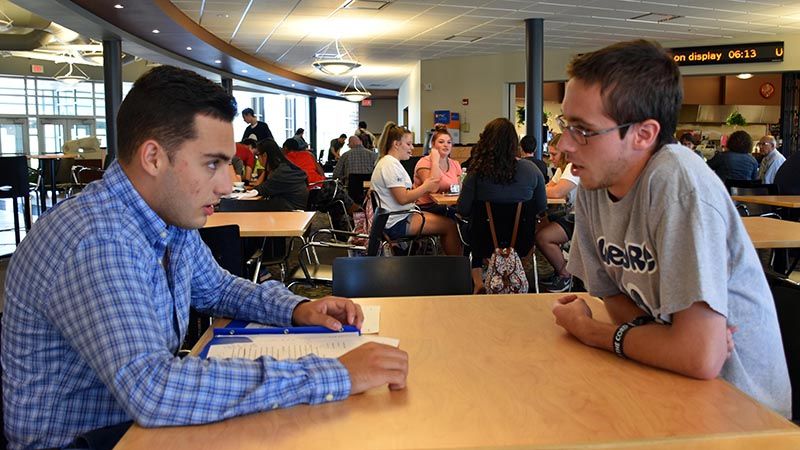Summer program at Fayette campus helps students get head start on college
The University instituted PaSSS in order to provide financial and educational support to students, while at the same time helping them to graduate on time.
By: Gregory G Evanina


